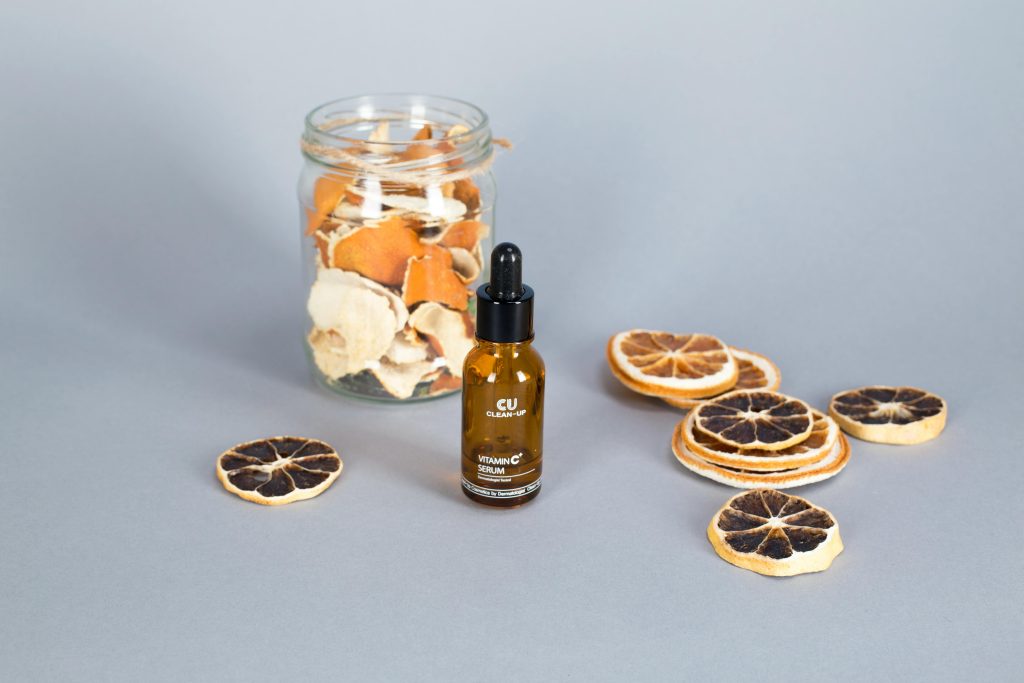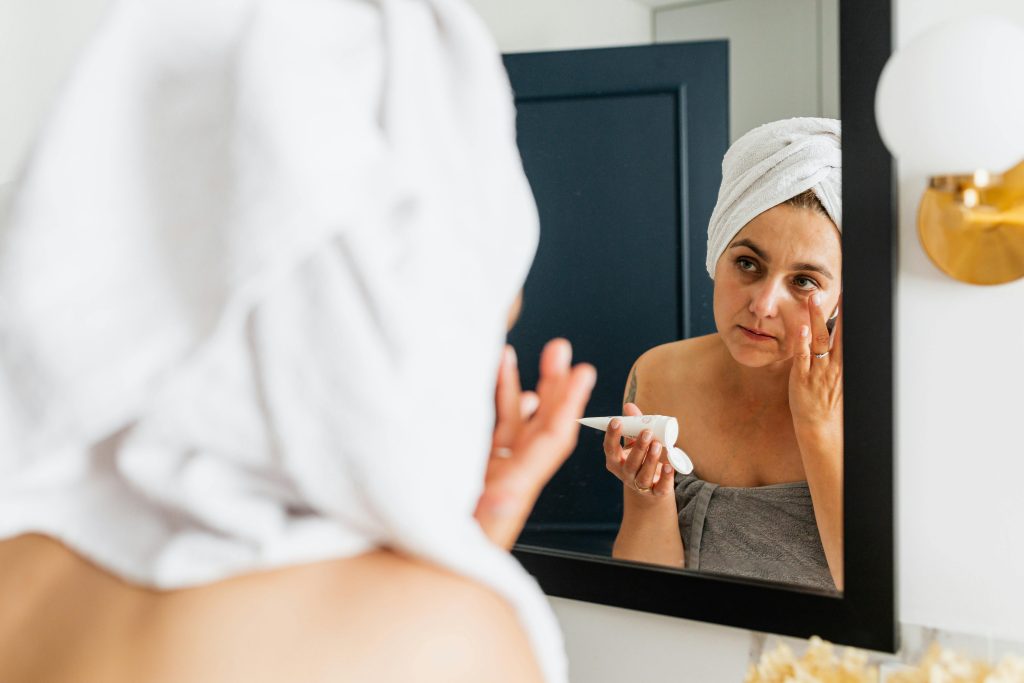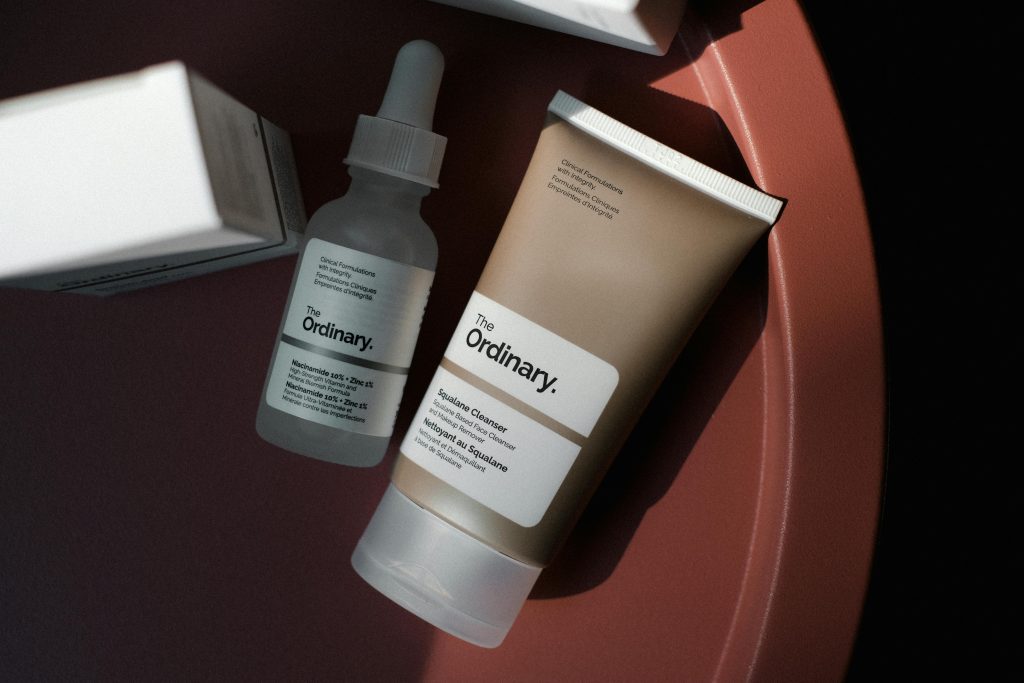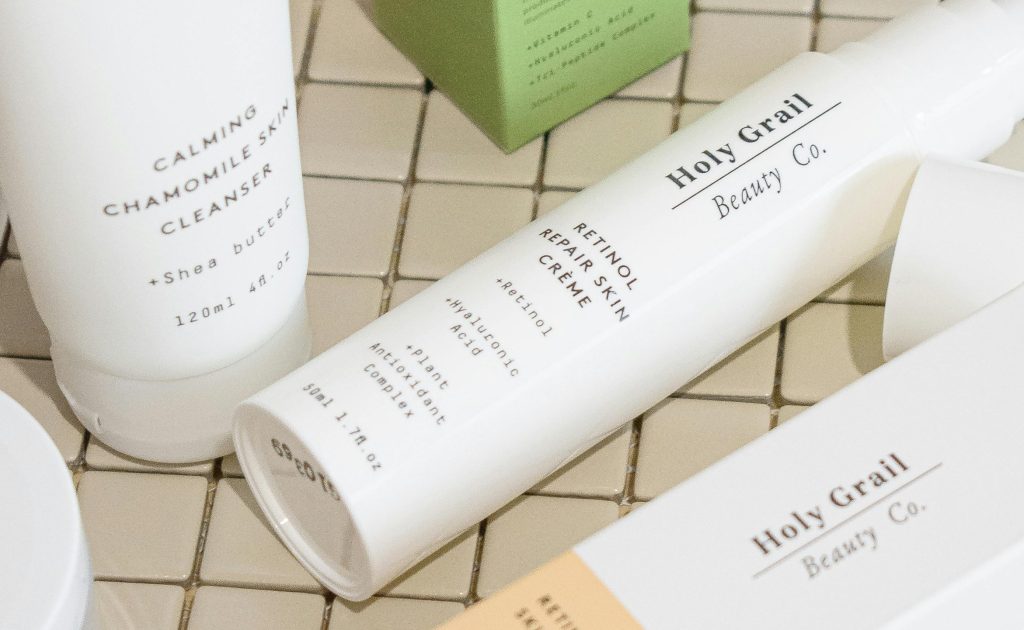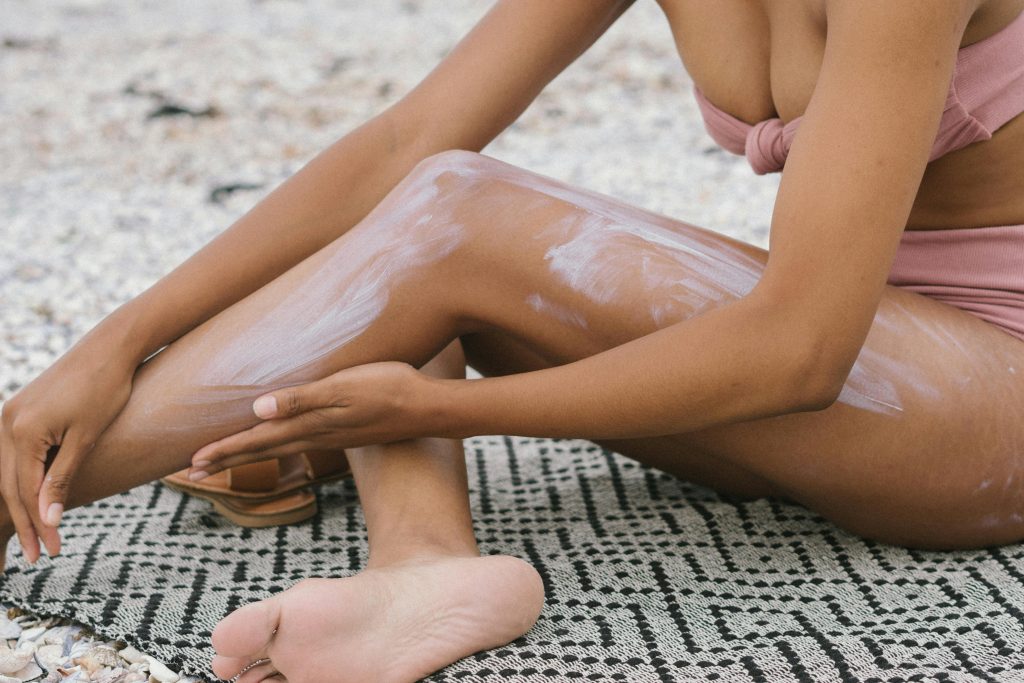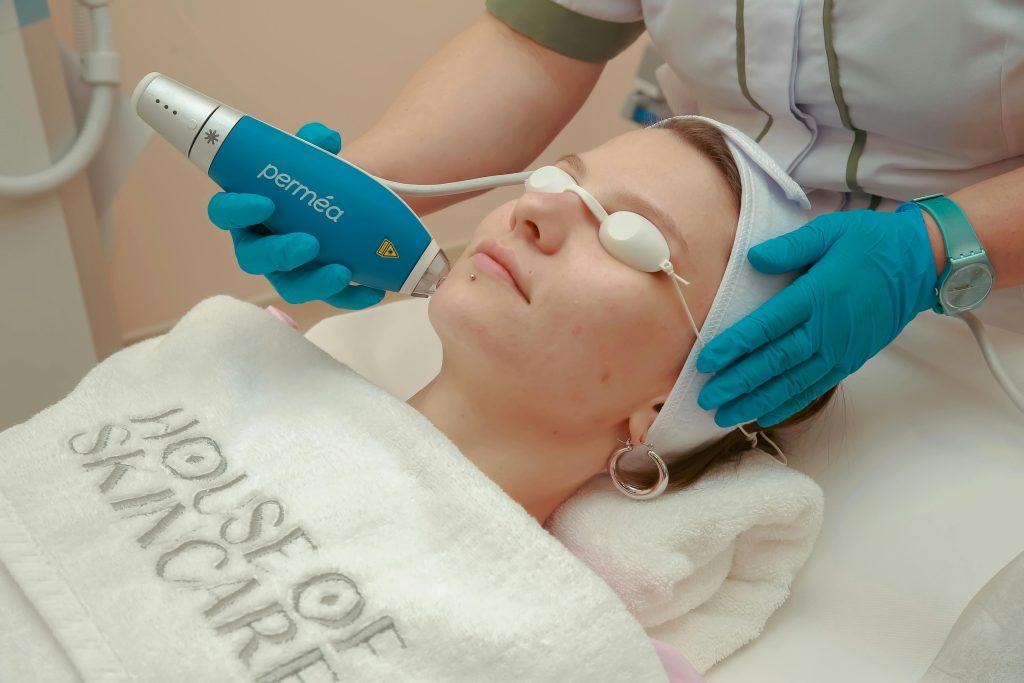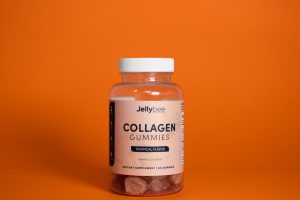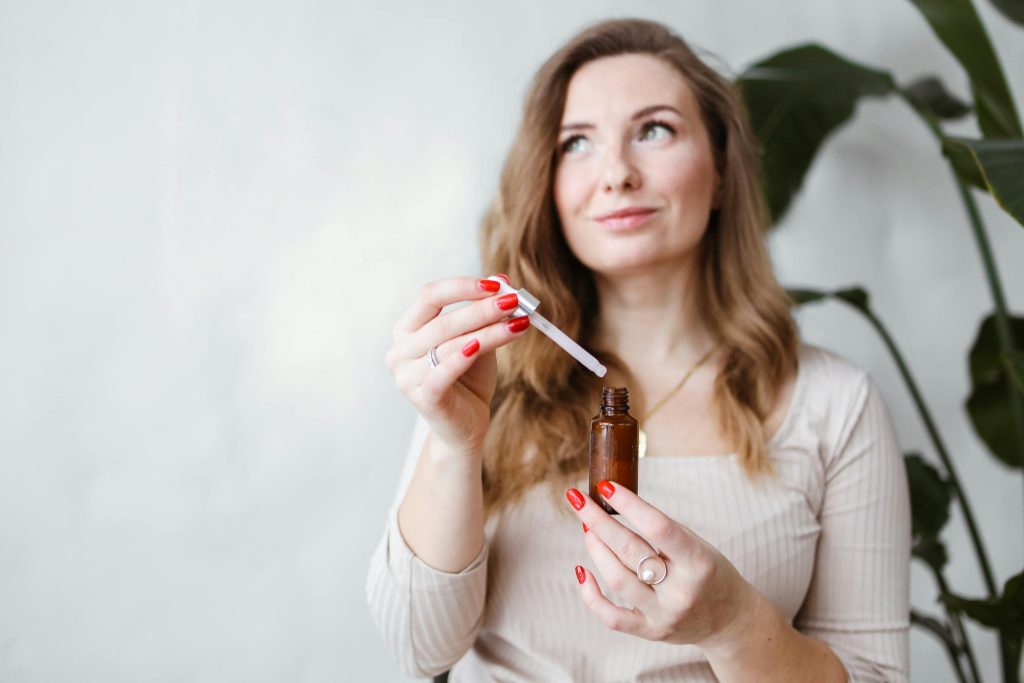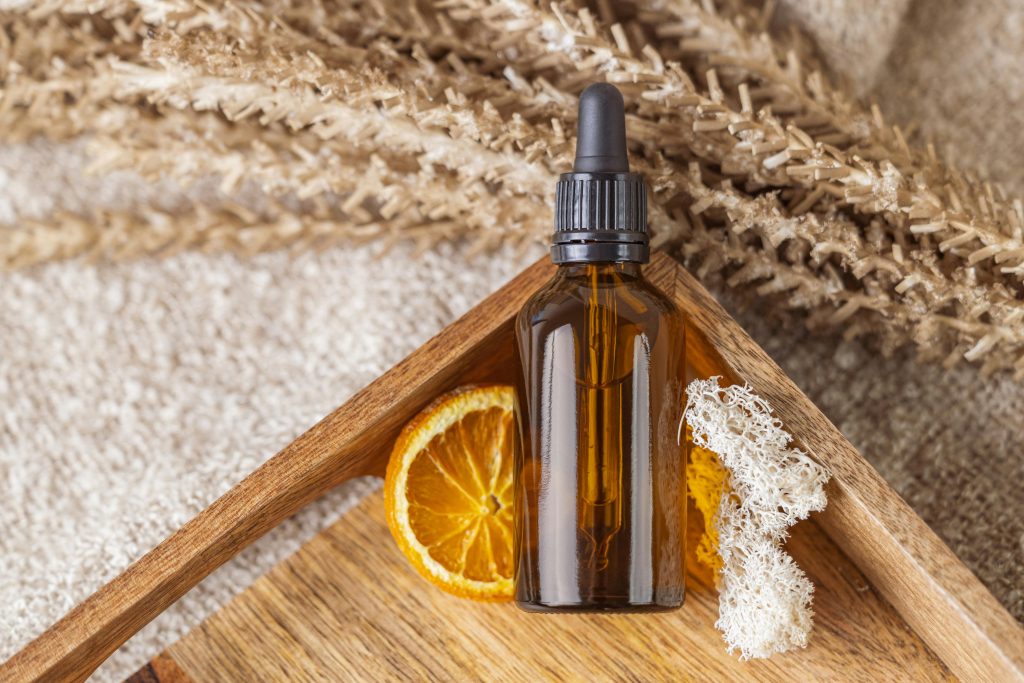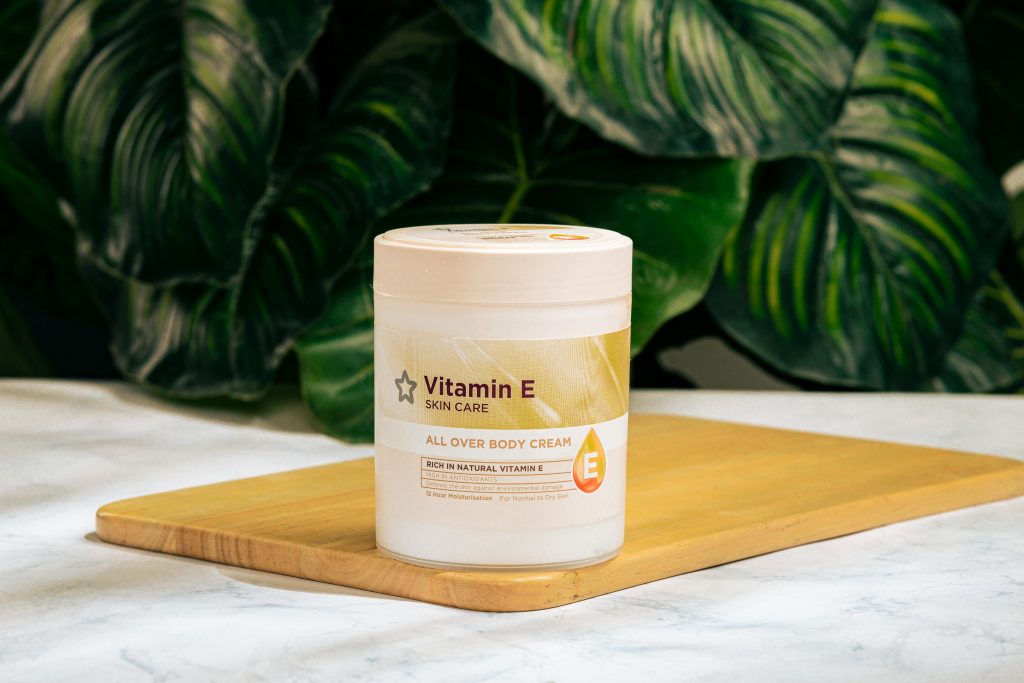
As an Amazon affiliate, I earn a commission for the products linked below.
Antioxidants in Skincare: What They Do for Your Skin
Antioxidants are powerhouse ingredients in skincare, celebrated for their ability to neutralize free radicals, prevent premature aging, and improve overall skin health.
From environmental stressors like UV exposure and pollution to internal oxidative stress, antioxidants play a crucial role in protecting and repairing the skin.
Incorporating antioxidant-rich products into your routine can brighten your complexion, reduce fine lines, and support collagen production, making them a vital part of both preventative and corrective skincare.
In this article, we’ll explore what antioxidants do for your skin, the most effective types, top products, and tips for using them to maintain a youthful, radiant complexion.
How Antioxidants Work
Antioxidants work by neutralizing free radicals, unstable molecules generated by environmental stress, UV rays, pollution, and lifestyle factors like poor diet or smoking.
Free radicals damage skin cells, break down collagen and elastin, and accelerate signs of aging.
Benefits of antioxidants in skincare include:
✅Protecting against UV and environmental damage
✅Reducing fine lines and wrinkles
✅Fading dark spots and evening skin tone
✅Supporting collagen production and skin repair
✅Calming inflammation and redness
Top Antioxidant Ingredients
1. Vitamin C (L-ascorbic acid)
- Brightens skin, evens tone, and boosts collagen
- Works best in stable, well-formulated serums
2. Vitamin E (Tocopherol)
- Protects against oxidative stress and enhances hydration
- Often paired with Vitamin C for synergistic effects
3. Ferulic Acid
- Stabilizes Vitamin C and amplifies antioxidant protection
- Enhances UV and pollution defense
4. Niacinamide (Vitamin B3)
- Reduces inflammation, strengthens the skin barrier, and improves tone
5. Polyphenols (Green Tea, Resveratrol, Grapeseed)
- Anti-inflammatory, antioxidant, and protective against UV damage
6. Coenzyme Q10 (CoQ10)
- Supports cellular energy production and reduces oxidative damage
🌟Top Antioxidant Skincare Products
- Paula’s Choice C15 Super Booster – Brightening and antioxidant serum
- Dr. Dennis Gross C+ Collagen Brighten & Firm Serum – Strengthens, firms, and protects
- The Ordinary Resveratrol 3% + Ferulic Acid 3% – Affordable antioxidant booster
- EltaMD UV Elements SPF 50 – Combines antioxidants with mineral sunscreen for daytime protection
How to Use Antioxidants in Skincare
💠Morning application is key: Protects skin from daily environmental stress.
💠Apply after cleansing and before moisturizer: Ensures optimal absorption.
💠Layer wisely: Antioxidants can be paired with niacinamide or peptides, but avoid unstable Vitamin C with strong AHAs/BHAs.
💠Consistency matters: Daily use maximizes benefits over time.
💠Complement with sunscreen: Antioxidants protect against free radicals but do not replace SPF.
FAQs About Antioxidants
Q1: Can antioxidants replace sunscreen?
No. They complement sun protection but do not provide adequate UV defense on their own.
Q2: How long before I see results?
Initial improvements in radiance may appear in 2–4 weeks; anti-aging and collagen support benefits take 8–12 weeks.
Q3: Can I combine multiple antioxidants?
Yes. Vitamin C, E, and ferulic acid are particularly effective together, while polyphenols can be layered for extra protection.
Q4: Are antioxidants suitable for sensitive skin?
Many antioxidants like niacinamide, green tea, and resveratrol are gentle, but start slowly with high-potency serums like Vitamin C.
Q5: Should I use antioxidants at night?
They can be used at night, but morning use is recommended for environmental protection.
🛍️Recommended Supporting Products
- CeraVe AM Facial Moisturizer with SPF 30 – Combines daily hydration with sun protection
- The Ordinary Hyaluronic Acid 2% + B5 – Enhances antioxidant absorption and hydration
- Paula’s Choice Calm Redness Relief Serum – Supports antioxidant benefits while soothing skin
✅Final Verdict
Antioxidants are essential in modern skincare for protecting against free radicals, improving texture, and slowing signs of aging.
By incorporating antioxidant-rich products consistently—especially in the morning before sun exposure—you can maintain youthful, radiant skin, prevent damage, and enhance the effects of other anti-aging ingredients.
Choosing high-quality formulations with stable antioxidants and combining them with sun protection, hydration, and a healthy lifestyle maximizes their benefits and ensures long-term skin health.

